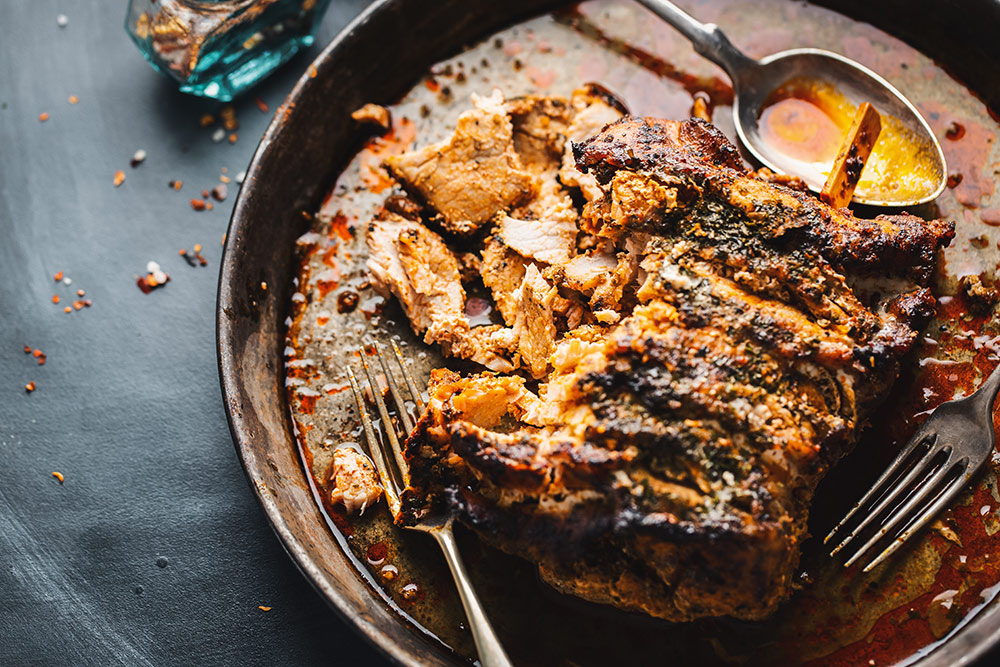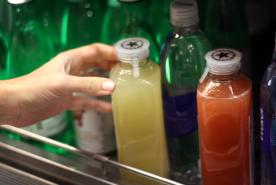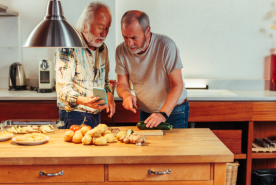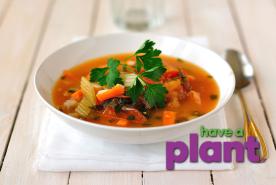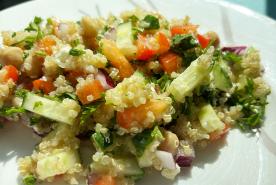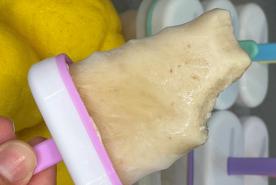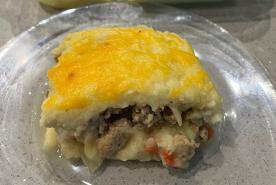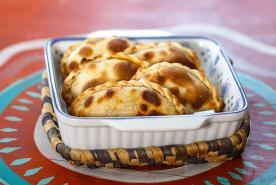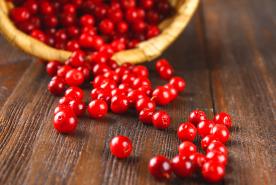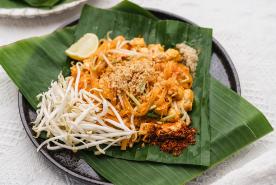Last Updated: July 05, 2024
Medically reviewed by NKF Patient Education Team
Introduction
Making healthy food choices is important to us all, but it is even more important if you have chronic kidney disease (CKD). Good nutrition gives you energy to do your daily tasks, prevent infection, build muscle, help maintain a healthy weight— and it may keep your kidney disease from getting worse.
Your kidneys help keep the right balance of nutrients and minerals in your body. But if you have kidney disease, your kidneys may not do this job very well. There are five key nutrients you may need to control: Protein, Sodium, Fluid, Potassium, and Phosphorus. Additional handouts will give you more information about each of the key nutrients. Eating the right amount of each of these can help control
Let’s see how sodium fits into to the kidney diet.
Note: Table salt is sodium chloride (1 teaspoon salt = 2300 mg sodium)
How much sodium should I have?
Eating too much sodium can be bad for your health if your kidneys aren’t working well. If you are on dialysis, it can cause discomfort during treatment. It also makes you thirstier.
A safe level of sodium intake is less than 2300 mg per day (1 teaspoon of salt). Ask your doctor about meeting with a registered dietitian with special training in kidney disease to help you manage your sodium intake.
Best changes to control sodium intake
- Replace salt with herbs and spices such as sofrito (without tomatoes), hot peppers, onions, and garlic.
- Choose unsalted snack foods such as unsalted nuts, low sodium tortilla chips, and crackers.
- Use fresh meats instead of cured, dried, processed, or canned meats.
- Make homemade soups and sauces without adding salt.
- Most fast foods and restaurants use more salt than is needed. When dining out ask for “no salt” whenever possible.
Recipe: Caribbean Sofrito Roast Pork
Caribbean Sofrito Roast Pork is a delicious, low-sodium meal for patients with kidney disease. Made with pork loin, onion, red and green bell peppers, garlic, cilantro, olive oil, apple cider vinegar, oregano, and cumin. This dish is flavorful and provides a good amount of protein while keeping potassium and sodium levels low. Enjoy this healthy and nutritious roast pork.
